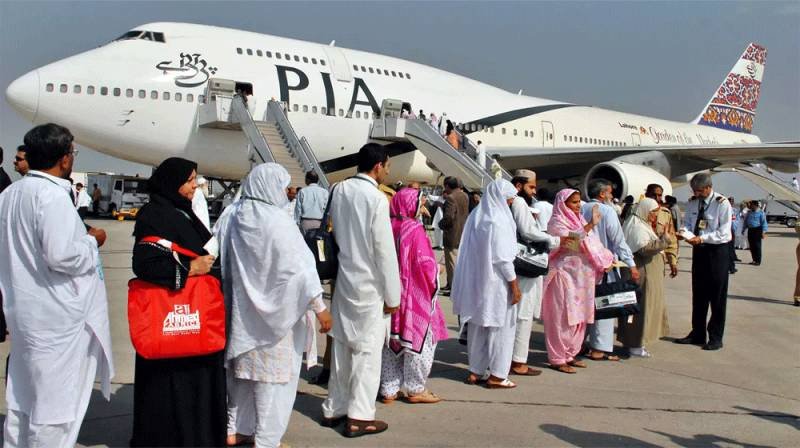The Ministry of Religious Affairs and Interfaith Harmony remains committed to enhancing Hajj arrangements and promoting interfaith harmony across Pakistan, ensuring an efficient and accessible pilgrimage for all.
Operating under the Rules of Business 1973, the ministry collaborates with relevant organizations in both Pakistan and Saudi Arabia to improve Hajj services. Additionally, it upholds minority rights, fosters peaceful coexistence, and encourages mutual respect in accordance with constitutional provisions. The ministry also plays a key role in Islamic education by organizing religious seminars, ensuring the precise printing of the Holy Quran, and strengthening international religious cooperation.
To support underprivileged communities, the Minority Welfare Fund provides financial aid and assists in maintaining religious sites. Scholarships are granted to minority students, while initiatives focus on promoting Seerat-un-Nabi (PBUH), fostering sectarian harmony, and ensuring error-free Quran printing. Furthermore, the ministry actively monitors digital platforms, identifying and reporting blasphemous, anti-Islamic, and sectarian content.
In 2024, the ministry conducted the National Seerat Competition, distributing cash prizes totaling Rs. 3.5 million. On 12th Rabi-ul-Awwal, a Seerat-un-Nabi Conference was held, attended by senior officials, where awards for the Seerat Book Competition were presented by the Deputy Prime Minister and Senate Chairman. Nationwide Milaad-un-Nabi celebrations featured educational activities, including the distribution of articles in libraries highlighting the Holy Prophet’s (PBUH) teachings on economic stability.
A major initiative included establishing a recycling facility for the respectful disposal of damaged Quranic pages. Efforts to promote sectarian harmony involved observing “Tahaffuz-e-Namoos-e-Risalat” and launching public awareness campaigns on health and nutrition. The ministry also recommended civil awards for religious scholars and representatives of minority communities.
Moreover, the ministry played a proactive role in regulating online content, reporting 16,634 objectionable links in 2024. Regular meetings of the Ruet-e-Hilal committees ensured accurate moon sighting for religious events, maintaining the integrity of the Islamic calendar.





